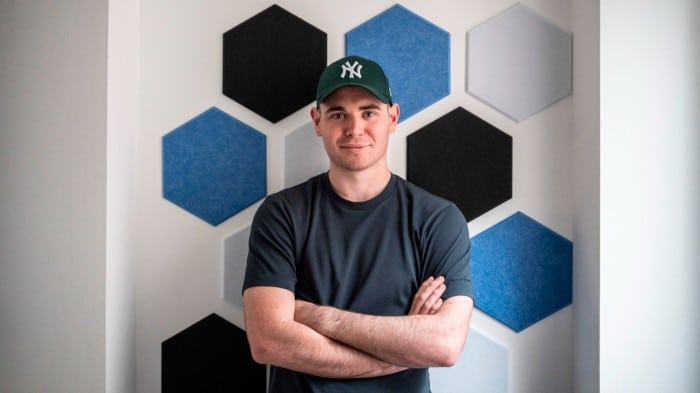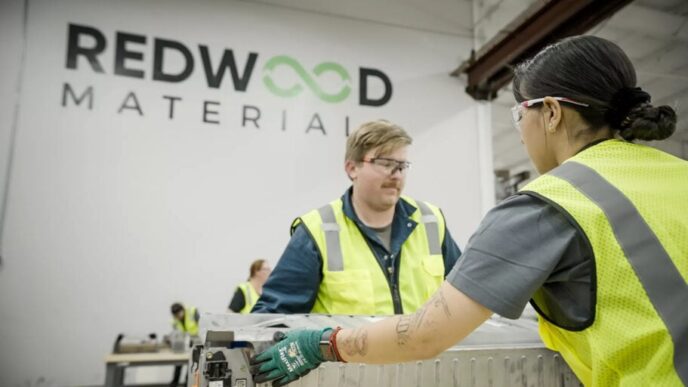London-based brain monitoring startup CoMind has secured $102.5 million in funding to make brain tracking as easy and routine as checking a pulse. The company’s non-drill technology promises to revolutionize how hospitals monitor traumatic brain injury (TBI) patients, without the need for invasive surgery.
Every year, nearly three million Americans experience TBIs, yet only about five percent undergo intracranial pressure monitoring because the current approach requires drilling into the skull. That risky and painful procedure is exactly what CoMind aims to replace.
Founded in 2017 by James Dacombe, who began the venture as a teenager, CoMind has spent eight years developing a light-based, non-invasive alternative to traditional brain monitoring. Now 25, Dacombe says the company was born from frustration at how little innovation had reached the intensive care unit, where lives often depend on early detection of brain swelling.
The startup’s new $60 million Series A round, led by Plural, brings its total funding to $102.5 million. Other backers include Angelini Ventures, LocalGlobe, Octopus Ventures, Crane, Backed VC, and Entrepreneurs First, a roster signaling strong investor confidence in medical-grade photonics and neurotech.
At the core of CoMind’s innovation is a proprietary photonics system, a network of ultra-sensitive optical sensors capable of reading cerebral blood flow and pressure through the skull’s surface. Using precisely calibrated light waves, the sensors gather real-time brain data without the surgical risks of traditional probes.
According to CoMind, its readings achieve accuracy comparable to invasive intracranial probes, but with none of the complications, infection risks, or high costs. Competing non-invasive systems from Kernel, Emotiv, and BrainScope often rely on indirect electrical or behavioral signals, resulting in less precise monitoring. CoMind’s direct optical approach could change that standard entirely.
The company’s next milestone is FDA approval, expected within the next two years. Once cleared, CoMind’s device could unlock access to the multibillion-dollar U.S. ICU market, where hospitals urgently need safer and faster ways to track brain activity.
Beyond hardware, CoMind is also developing an AI-driven analytics layer to interpret the data collected by its sensors. This layer would help clinicians identify early warning signs of complications, such as bleeding, swelling, or oxygen deprivation—and tailor treatment to each patient’s condition in real time.
If successful, CoMind could turn brain monitoring into a simple bedside check, accessible, continuous, and risk-free. What was once a high-stakes surgical procedure could soon become a standard, non-invasive test, changing how critical care teams protect the brain after injury.













